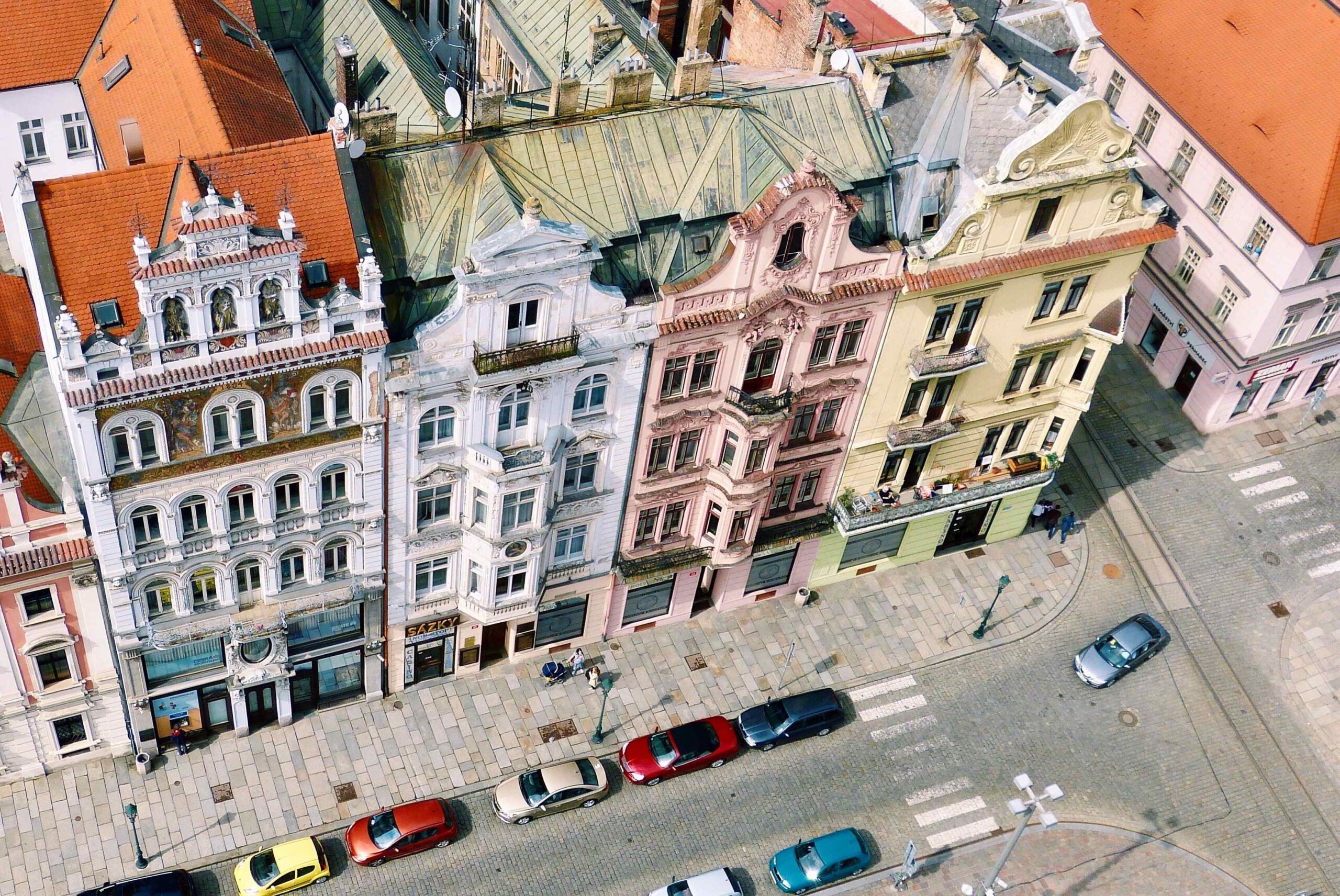Digitalisation as a solution for territorial fragmentation
Marie Zezůlková, Director, Regional Policy Department, Czech Ministry of Regional Development
Due to the fragmentation of the country, digital and innovative solutions are essential for Czechia’s cities to solve challenges in infrastructure and public services. If municipalities of all sizes get help and financial support in adopting smart solutions, sustainable urban development can be achieved. However, this can only happen by adopting a territorial vision: all cities in the wider region need to cooperate for integrated and innovative urban development.








